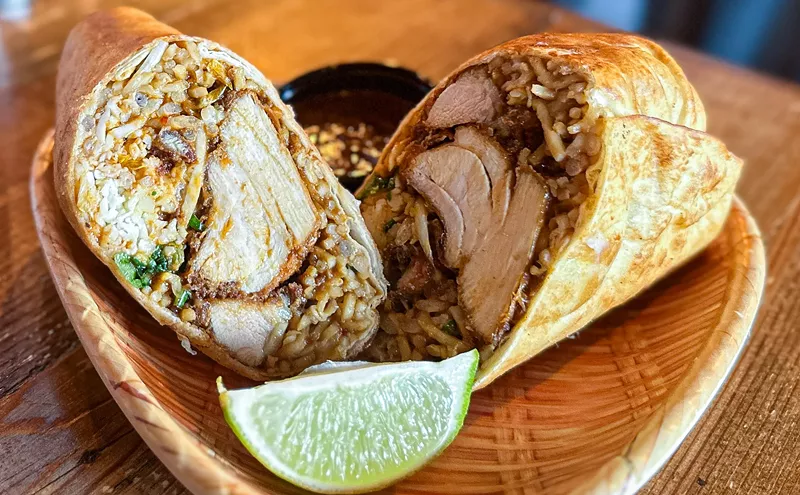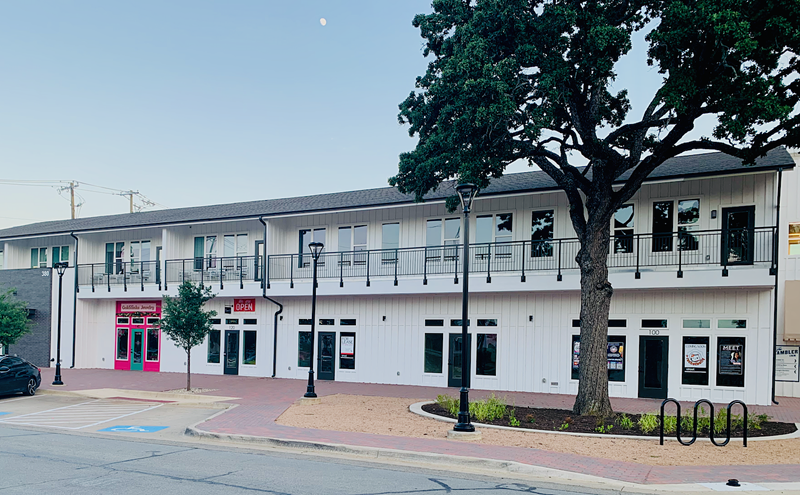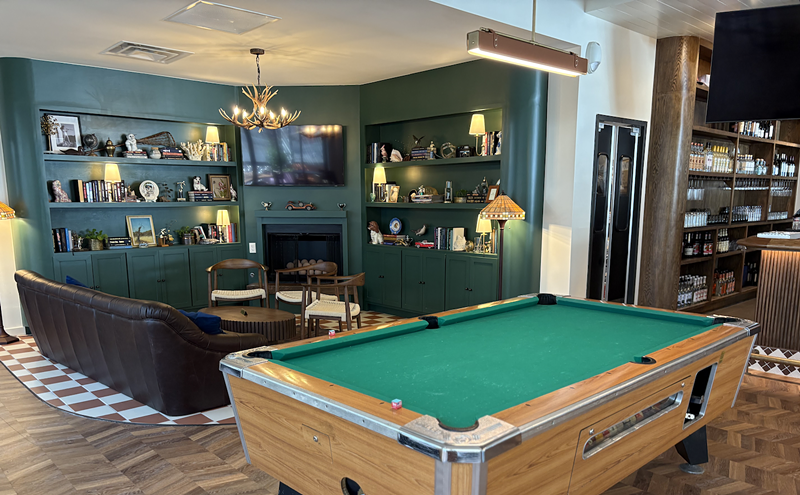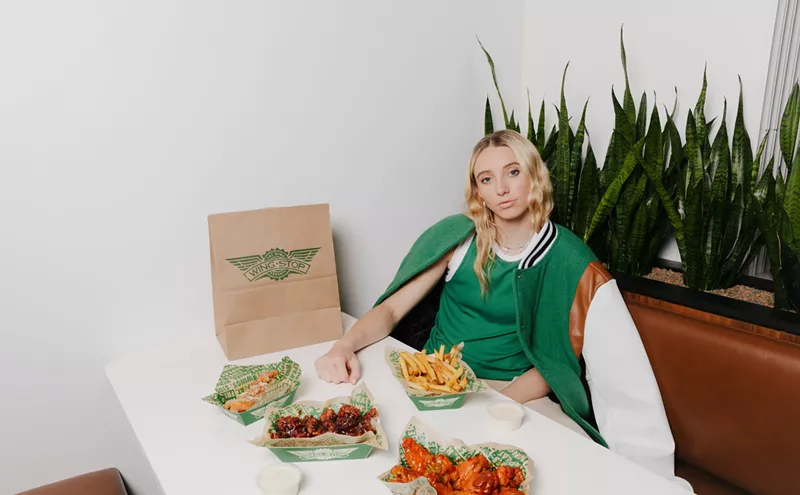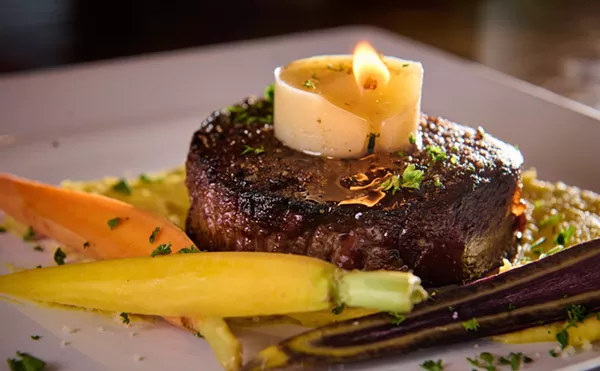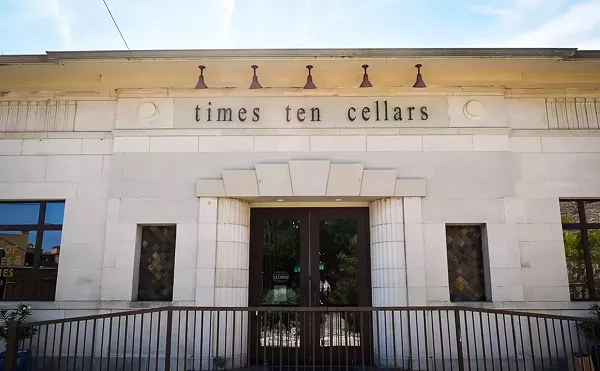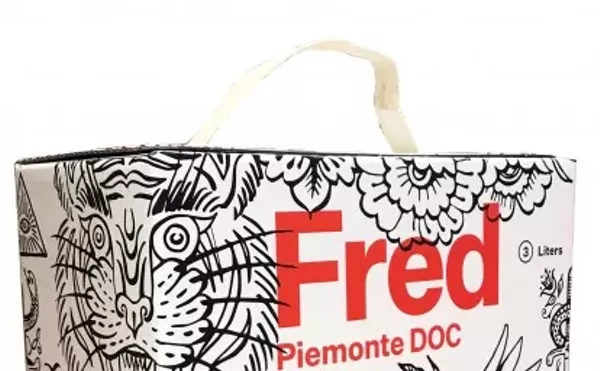What if I told you there is a hidden gem south of Dallas, a place that feels suspended in time? A forgotten place, full of history and nostalgia. This area sits in stark contrast to the sleek skyscrapers that rise just 7 miles to the north. Here you'll find charming streets lined with weathered homes, their stories etched in every cracked facade. A slower pace of life that invites you to pause and reflect.
Motorists driving along Interstate 45 speed by these sacred grounds without realizing a freedmen’s town sits just beyond a thick veil of concrete and a tangle of train tracks. This community was established before Dallas was even granted a town charter by the Texas Legislature. This is the town of Joppa. Joppa is one of North Texas’ few remaining freedmen’s towns. These historically significant neighborhoods can be found in various cities across the U.S. where formerly enslaved Blacks settled after the Civil War. These neighborhoods often emerged as vibrant communities with distinct cultural characteristics. Trendy and bustling Uptown was once a large, formerly enslaved community, and now only a freedmen cemetery remains.
Joppa is even more historically significant because it is one of the older freedmen’s communities in Dallas County, dating back to the 1860s.
There is only one restaurant in this town: Tha Neighborhood Kitchen. Its significance is amplified by the fact that food, especially soul food, in the Black community tells a story of history and resilience.
••••
Typically, there’s a crowd gathered inside this small restaurant around lunch and dinnertime, all eagerly waiting for Styrofoam containers loaded with hot food. The aromas transport me back to simpler times spent in my grandmothers' kitchens, and just like their kitchens, the menu here changes based on what the chef wants to serve (see social media for daily updates). Some days, you can enjoy fried chicken and oxtail, while on others there are piles of fried ribs and chitlins. Regardless of the offerings, neighbors and strangers alike chat excitedly with one another, all eager for what’s to come.
One thing that stood out on a recent visit was the option for two types of oxtail: one smothered in gravy and the other coated with Cajun seasoning. The decision was easy — both. When you’re used to home-cooked meals with family, it’s easy to critique how someone else prepares your favorite dishes, and we probably did. However, the outcome was pure bliss as we swapped bites of each other’s takeaways, which included savory greens, delicious yams and creamy mac and cheese washed down with Big-Gulp-sized Kool-Aid.
Herman Brown and Katrina Chaney own this small, takeout-only establishment. Before the venture, Brown was in real estate, and Cheney was a chef at Aramark for 15 years.
“We partnered up and decided to get this going in the neighborhood," Brown says. "It was such an underserved neighborhood. They didn't have anything over here. They always had to go out of the neighborhood to get something to eat. So I was like, let’s put something here.”
Chaney, who handles all the cooking, and Brown have been friends for over 50 years, which adds to the magic they create in the kitchen.
“Growing up, my parents were still in college, so I spent a lot of time with my grandmother,” Chaney says. “My grandmother bought me my first cake pan, which was Mickey-Mouse shaped, when I was 4. Later, I started cooking for my dad using the microwave. I was a microwave professional.”
When she got older, her dad let her use the stove, and he gifted his daughter her first cookbook. He loved her chitlins and ham, which he could eat again with eggs for breakfast. But soon, she was cooking outside the house for her community.
“I attended Carter High School, and one of my church members was a home economics teacher. She encouraged me to practice cooking for crowds and teachers because she knew I could handle it from my experiences at church events,” she says. From there, Chaney’s journey grew. She worked at Chuck E. Cheese, a Jamaican restaurant and the Christ of Nations Church, eventually leading her to Aramark. There, she managed several accounts, including Southern Methodist University and UT Southwestern. Later, she had some health issues and returned to the University of Dallas as a food program manager.
“This was in 2019 when I started the food program there. Roughly two years into it, my son was tragically killed, which took a significant toll on me,” she says.
Cooking soul food for this small neighborhood brings her a sense of peace, and her recipes sustain a food legacy.
“You had those special things that back then were meant to be the leftovers and scraps for the African-American people,” Chaney says of the origins of soul food. “Now they are delicacies.”
Even though their restaurant is tucked away in a neighborhood that is tucked away in Dallas, they both work to support the larger soul-food community. Brown makes a point to visit other businesses, and he says the favor is graciously returned. Aunt Irene’s, Designs by Cake Daddy, Phat Matt's and Lil Mama's Bar-B-Que are all small businesses he makes sure to frequent.
Brown says he thinks about the support for Black-owned businesses in Dallas all the time, particularly in February.
“What comes to my mind about Black History Month is Black Wall Street,” Brown says of the Greenwood district in Tulsa, Oklahoma, that was the center of the African-American business community and was victim to a race riot in 1921.“We’ve got to always remember as Black people, that Black Wall Street did exist. And I want people to know and remember we had our own banks, we had our own supermarkets. And there's nothing wrong with sharing, but other cultures have their own too. We need to get back to having our own. In my heart, I feel like God did not make the Earth for anybody to be greedy. It was made for all of us to take part in sharing."
It’s an archetype Brown hopes to deliver in his small soul-food restaurant in this freedmen’s town.

Audio By Carbonatix
[
{
"name": "GPT - Billboard - Slot Inline - Content - Labeled - No Desktop",
"component": "21721571",
"insertPoint": "2",
"requiredCountToDisplay": "2"
},{
"name": "STN Player - Float - Mobile Only ",
"component": "21861991",
"insertPoint": "2",
"requiredCountToDisplay": "2"
},{
"name": "Editor Picks",
"component": "17105533",
"insertPoint": "4",
"requiredCountToDisplay": "1"
},{
"name": "Inline Links",
"component": "18349797",
"insertPoint": "8th",
"startingPoint": 8,
"requiredCountToDisplay": "7",
"maxInsertions": 25
},{
"name": "GPT - 2x Rectangles Desktop, Tower on Mobile - Labeled",
"component": "22608066",
"insertPoint": "8th",
"startingPoint": 8,
"requiredCountToDisplay": "7",
"maxInsertions": 25
},{
"name": "Inline Links",
"component": "18349797",
"insertPoint": "8th",
"startingPoint": 12,
"requiredCountToDisplay": "11",
"maxInsertions": 25
},{
"name": "GPT - Leaderboard to Tower - Slot Auto-select - Labeled",
"component": "17357520",
"insertPoint": "8th",
"startingPoint": 12,
"requiredCountToDisplay": "11",
"maxInsertions": 25
}
]




